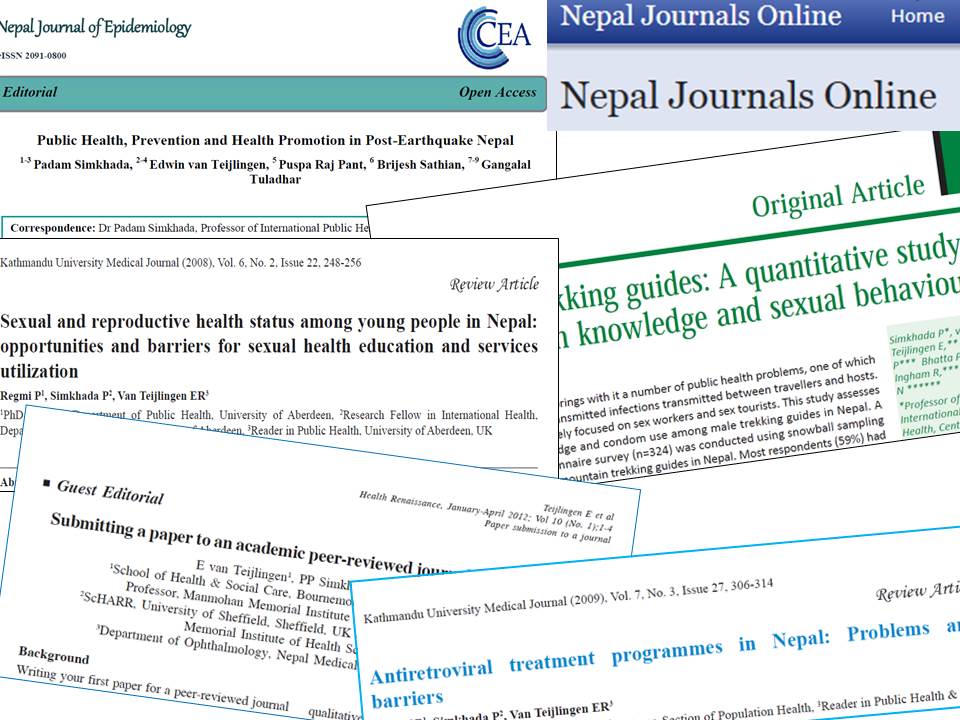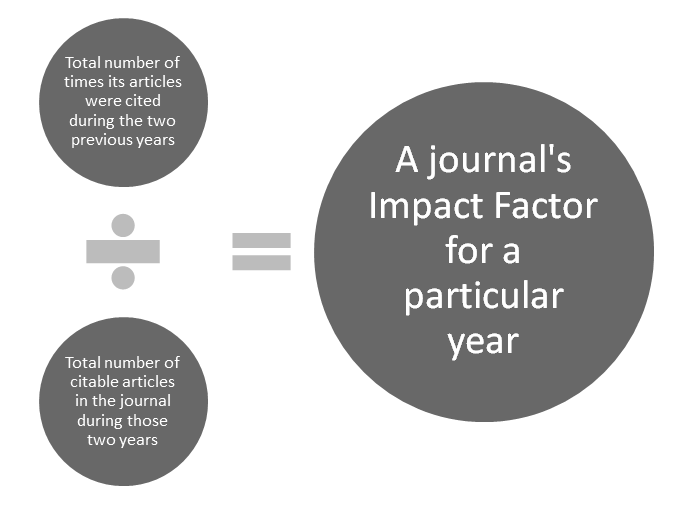Most people walk into surgery expecting that the after-effects will fade with the stitches. Yet for many, the strongest echo of the operation is a small plastic bottle of prescription opioids that never seems to empty.
When it comes to short-term pain, opioids can offer really effective relief. But when the prescription stretches into months, it quietly becomes a source of physical and psychological dependence.
The idea of stopping might feel overwhelming, especially if you’re worried about withdrawal or managing pain without medication. But you can absolutely get through this, and there are smart, safe ways to move forward.
Our article from Epomedicine will share how you can get over long-term prescription opioid use following surgery.
#1 Don’t Try to Quit Cold Turkey
Trying to stop opioids all at once can cause severe withdrawal symptoms, such as restlessness.
Tapering or reducing the dosage slowly is the safest way. But it’s advised against if you’ve been taking high doses of opioids for a long time. A rehab program might be your call. These programs offer medical supervision, emotional support, and structured guidance to help you overcome addiction.
The Spread of Opioids Across the US and in the Southwest
In Arizona, for instance, fentanyl is now the deadliest drug and it’s spreading fast including in Mesa. The city has responded by approving $1 million in funding to fight the crisis.
If you’re battling with fentanyl addiction in Mesa, a leading Mesa treatment center option can help you take back control.
For fentanyl, detox is often the first step. Purpose Healing Center states that the initial 24 hours can be tough, and full of restlessness and anxiety. But in a medically supervised detox program, you’ll get 24/7 care.
So, whenever you require relief from uncomfortable withdrawal symptoms, experienced medical professionals will be there to assist you.
Just make sure to choose a treatment center with accredited treatment options for AZ residents to ensure top-notch service.
#2 Explore Non-Opioid Pain Relief Options
Just because you’re reducing opioids doesn’t mean you have to suffer through pain. There are plenty of other ways to manage discomfort that don’t involve these powerful medications.
According to the CDC, non-opioid treatment options are just as effective as opioids for intense pain.
Over-the-counter options like acetaminophen (Tylenol) and NSAIDs (like ibuprofen or naproxen) can be surprisingly effective in managing pain. Sometimes, doctors prescribe stronger NSAIDs or other medicines like gabapentin or pregabalin if the pain is severe.
For targeted relief, consider topical pain relievers such as lidocaine patches. These work by numbing the affected area.
Consider Holistic Means of Relieving Pain
Beyond medications, physical therapy can help you feel better. A good physical therapist can teach you exercises and stretches that actually address the source of your pain, not just mask it. To help you feel better, they could also use methods such as heat therapy, ice, electrical stimulation, or massage.
Acupuncture can also help ease post-surgical pain. It reduces inflammation, improves circulation, and lessens the need for opioids.
Some find relief through TENS, or transcutaneous electrical nerve stimulation. In this non-invasive, drug-free pain relief method, a TENS machine sends gentle electrical currents. These block pain signals and boost the body’s natural painkillers, called endorphins.
#3 Address the Emotional Side of Recovery
Stopping opioids affects your emotions besides your body. You might experience anxiety, irritability, or sudden mood swings.
Depression and intense cravings are also very common. Some people feel a sense of hopelessness. These feelings can last longer than physical withdrawal symptoms. This is sometimes called PAWS, or post-acute withdrawal syndrome. This indicates the brain’s re-balancing process is complex.
Learning to manage your feelings is really important. Make sure to prioritize your physical and emotional health by eating well and staying hydrated.
Eat healthy meals and stay hydrated. Get enough quality sleep by keeping a regular sleep schedule. Engage in moderate physical activity like walking. Practice relaxation techniques such as deep breathing, meditation, or yoga.
Taking Advantage of Professional Support Options
Talking to a therapist who has experience with substance use issues can also help. They can help you develop coping strategies, work through any underlying issues that might complicate your recovery, and provide ongoing support throughout the process.
Psychological therapies, such as cognitive behavioral therapy (CBT), are highly effective. CBT helps individuals identify triggers, develop healthy coping strategies, and cultivate more positive thought patterns. This empowers you to manage cravings and reduce the risk of relapse.
Forging Ahead to Live Life Without Opioids
Getting off prescription opioids after surgery isn’t easy, especially if you’ve been on them for a long time. But every day you commit to recovery is a step in the right direction.
Taken together, these steps form a sturdy bridge from dependence back to freedom. Walk it at your own pace, and you’ll build a healthier, happier future free from the shadow of opioid dependence.



